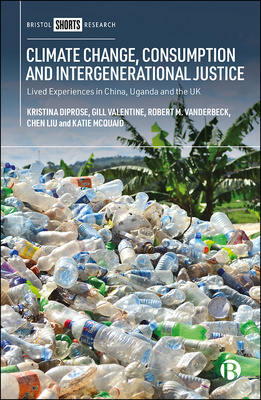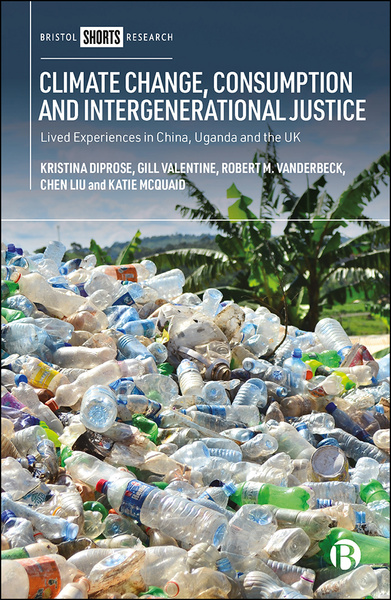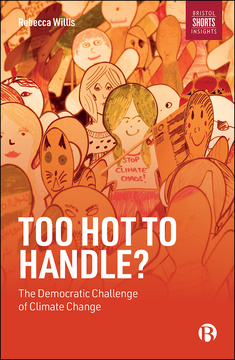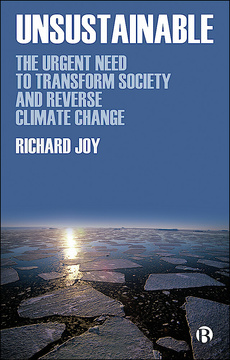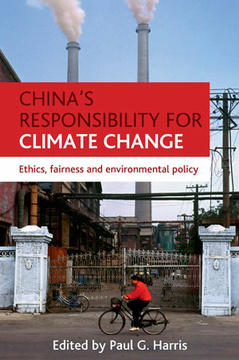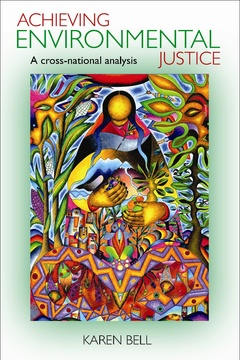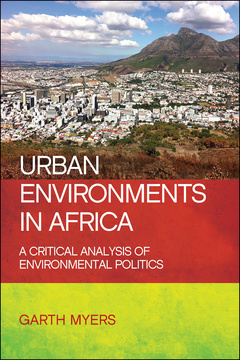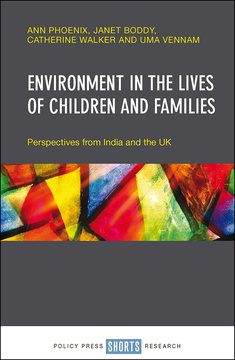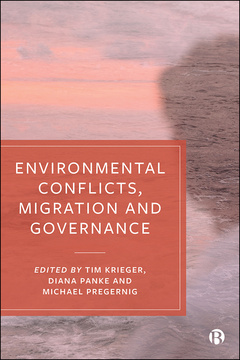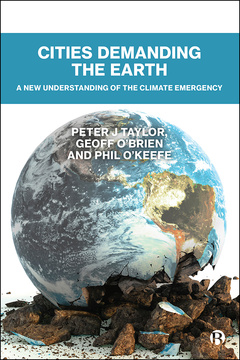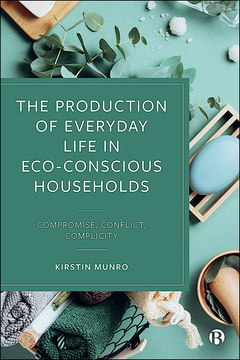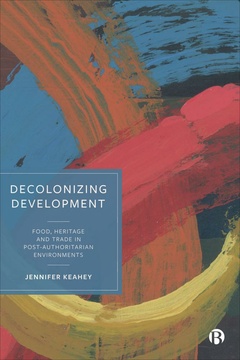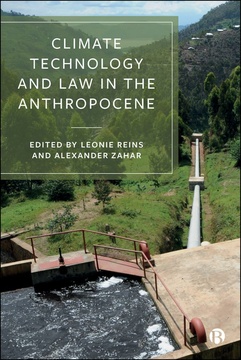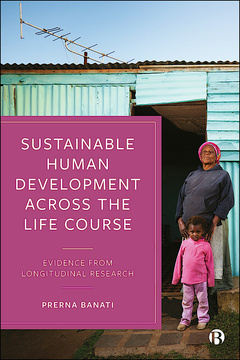Climate Change, Consumption and Intergenerational Justice
Lived Experiences in China, Uganda and the UK
By Kristina Diprose, Gill Valentine, Robert Vanderbeck, Chen Liu and Katie McQuaid
Published
Sep 4, 2019Page count
136 pagesISBN
978-1529204735Dimensions
198 x 129 mmImprint
Bristol University PressPublished
Sep 4, 2019Page count
136 pagesISBN
978-1529204759Imprint
Bristol University PressIn the media
On our blog: How do we make sense of climate change?
The United Nations 2030 Agenda for Sustainable Development makes climate change and responsible consumption key priorities for both industrialized and emerging economies. Moving beyond the Global North, this book uses innovative cross-national and cross-generational research with urban residents in China and Uganda, as well as the UK, to illuminate international debates about building sustainable societies and to examine how different cultures think about past, present and future responsibility for climate change.
The authors explore to what extent different nations see climate change as a domestic issue, whilst looking at local explanatory and blame narratives to consider profound questions of justice between those nations that are more and less responsible for, and vulnerable to, climate change.
“Empirically rich, this book argues for sustained engagement between grassroots and policy-level actors to mitigate climate change. The notion of ‘unimagining the future’ reveals how everyday injustice impedes environmental citizenship.” Kelvin Mason, University of Liverpool
Dr Kristina Diprose is a Research Associate in the University of Sheffield’s Urban Institute.
Professor Gill Valentine is Professor of Human Geography at the University of Sheffield
Professor Robert Vanderbeck is Professor of Human Geography at the University of Leeds
Dr Chen Liu is Lecturer of Cultural Geography in the School of Geography and Planning at Sun Yat-sen University
Katie McQuaid is a Senior Research Fellow in the School of Geography at the University of Leeds.
Introduction;
A Global and Intergenerational Storm;
Local Narratives of Climate Change;
Moral Geographies of Climate Change;
Intergenerational Perspectives on Sustainable Consumption;
Imagining Alternative Futures.







